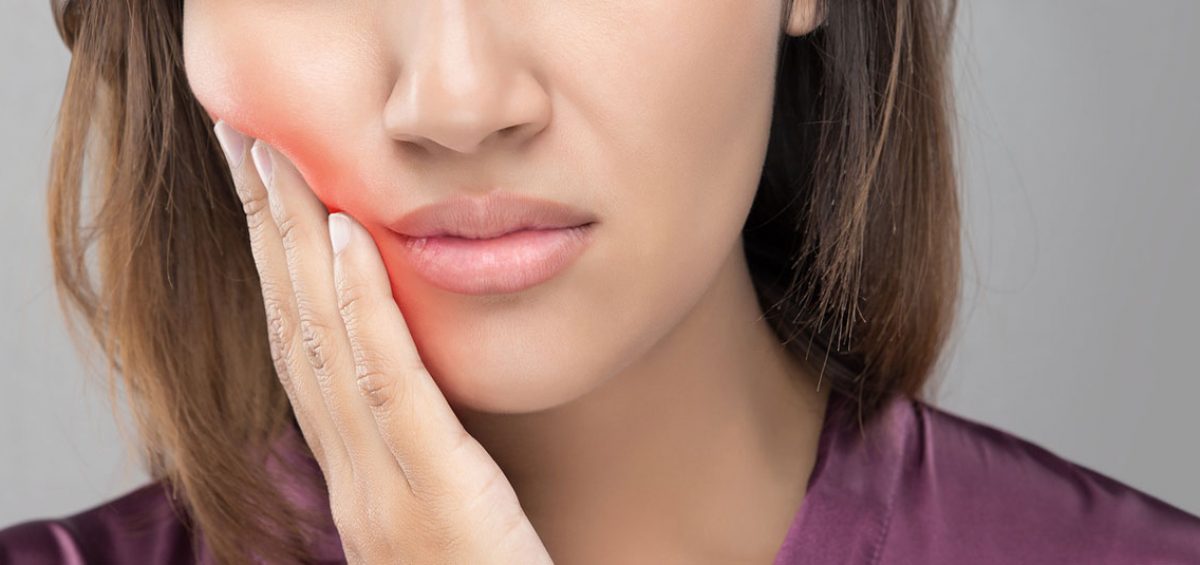Gingivitis
It’s the most common gum disease, Gingivitis causes mild to severe swelling, bleeding, irritation, and tenderness of the gums. Often caused by poor oral hygiene; it is difficult to detect if the symptoms are mild in nature. Experiencing bleeding while brushing is one of the most common symptoms to watch out for. If poor oral hygiene persists, Gingivitis can worsen and turn into a severe disease of the underlying supporting structure known as periodontal, which can lead to eventual tooth loss. In such cases, one can consider opting for best dental implants clinic in Gurgaon without fretting much.
How to Avoid it
The best way to go about it is to maintain an optimal oral hygiene. Brushing twice, daily and flossing can save you from falling prey to Gingivitis. But, you also need to eat a balanced diet with low intake of sugar. And of course, don’t forget to visit the best dentist in Gurgaon or near you every 6 months. Good oral hygiene, good diet, and regular checkups are everything you need for your smile to last a little longer.
Periodontitis
Often preceded by Gingivitis; Periodontitis is a bacterial infection that affects the teeth, gums, roots, and jaw bone. The symptoms of Periodontitis are similar to the ones of Gingivitis except for being a little more extreme and outwardly visible.
What & How?
When plaque hardens into tartar, the bacteria in the tartar roots penetrates deeper and deeper into the teeth, gums and, jaw causing frequent bleeding, irritation, itching sensation, and on some occasions lead to painful sores. This bacteria can also let the teeth to slowly detach from the alveolar bone, causing tooth loss. It may also manifest as foul odor in the mouth.
Periodontitis isn’t something that happens overnight, it’s caused by poor oral hygiene over a prolonged period of time, and the inability to get rid of Gingivitis.
How to Avoid it
The best way to prevent Periodontitis is having an optimal oral hygiene since forever. Brushing twice, daily and flossing can help you to avoid this disease. But, you also need to eat a balanced diet with low intake of sugar. And, of course, don’t forget to visit the best dentist near you every 6 months. Good oral hygiene, good diet, and regular checkups are everything you need for your mouth to not get affected by Periodontitis.
Dry Mouth
Your general health is a direct reflection of oral health. So, if something is wrong in your mouth, chances are that it could be a sign of a larger, more widespread health problem that’s on its way. Dry mouth is a great example here. While dry mouth occurs in adults, who use tobacco products, take a number of maintenance and over-the-counter medications, or simply snore or sleep with their mouths open – this seemingly small issue can also be a sign of nerve damage in the long run, an oral bacterial infection at a later stage, or an autoimmune disease.
How to Avoid it
Always keep your moth hydrated. Drink plenty of water during the day and avoid alcohol or tobacco that promotes dryness. If dry mouth persists or becomes bothersome, pay your dentist a visit to discuss the potential causes of your ailment.
Sensitivity
Sensitive teeth have become more and more common amongst middle-aged adults for a variety of reasons. These days it’s seen in most cases as a result of consuming large amounts of aerated drinks over a period of time. While in others it is a result of grinding and clenching of teeth during sleep, resulting in severe wear of tooth structure. These patients are more likely to suffer from tooth decay, and severe sensitivity. Wearing down the tooth enamel exposes nerve endings in the teeth to extreme heat and cold making the sensitive all the more. This can also cause sharp, unexpected tooth pain.
Sensitivity of the teeth can also be caused by brushing too hard or using a hard-bristle toothbrush.
How to Avoid it
Avoid consumption of aerated drinks, rigorous brushing and rule out the possibility of night grinding. While many types of teeth hypersensitivity do not have immediate remedies, it’s important to talk it out with your dentist so they can find the best course of treatment for you and most importantly help eliminate the cause of sensitivity as soon as possible.
Cavities
A cavity is a hole formed on your tooth when there is a breakdown of the outer enamel structure of the tooth. This is as a result of increase of bacteria in your mouth that has the ability to breakdown the tooth structure. Usually, dental fillings are used to solve this problem, but there are ways to prevent it.
How to Avoid it
As we mentioned above, cavities are caused by bacteria. To avoid cavities you need to keep a strict watch on your diet. In addition, by cutting down on sugar and acidic foods, you can safeguard your enamel from deforming. The stronger the enamel of your teeth is, the less likely you are prone to cavities.
